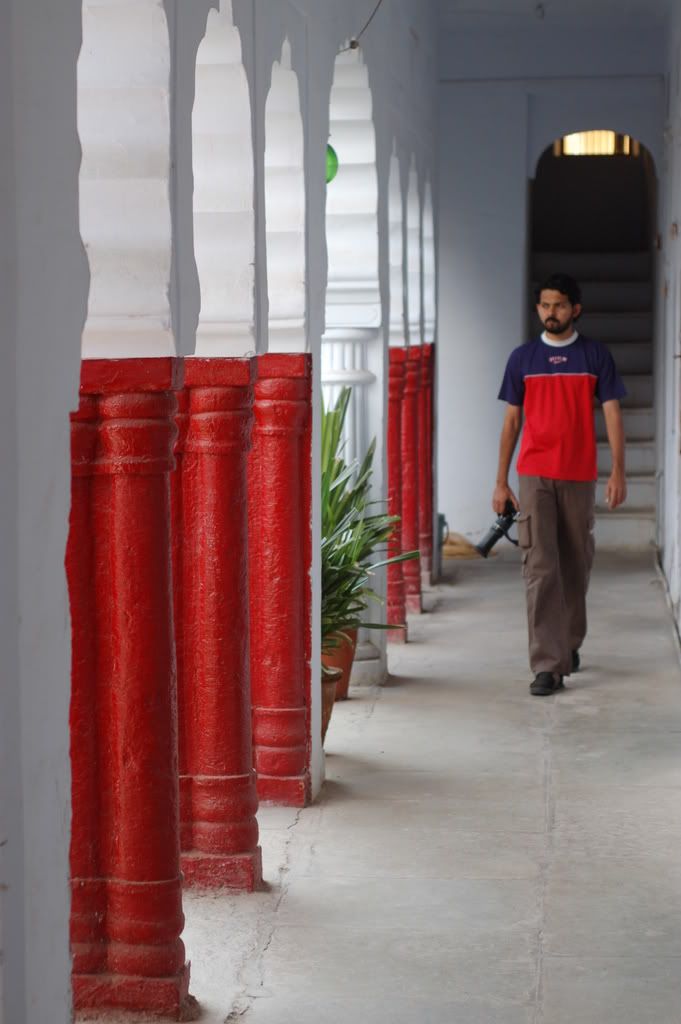
The day mother boarded an aero plane, she made an important discovery: heaven was not a nice place to be. “How boring would heaven be if that’s the place in the clouds. All white and smoky and still. We would have nothing to do but wear white and go on praising the god, who too would be in white. No colour, no voice. I don’t want to be there,” she told me. Conversion was no way out. Every religion had its paradise built in the sky.
***
Choosing between heaven and hell, the application form would certainly contain a column asking for his/her food preference. Heaven would be a vegan’s paradise. Milk and honey, grapes and pomegranates, and of course, apples that could cause man to lose paradise again. Hell stands in contrast, with grills and barbecues and a few ovens. Despite its Prometheusian origin, fire seems to belong to hell. At least, you could cook your food.
***
The father continued solemnly with his head lowered. “When you talk to the man upstairs,” he said, “I want you to tell Him something for me. Tell Him it ain’t right for people to die when they’re young. I mean it. Tell Him if they got to die at all, they got to die when they’re old. I want you to tell Him that. I don’t think He knows it ain’t right, because He’s supposed to be good and it’s been going on for a long, long time. Okay?”
“And don’t let anybody up there push you around,” the brother advised. “You’ll be just good as anybody else in heaven, even though you are Italian.”
“Dress warm,” said the mother, who seemed to know.
Joseph Heller
Catch 22



